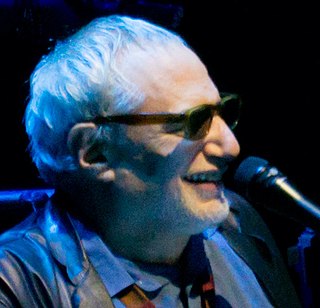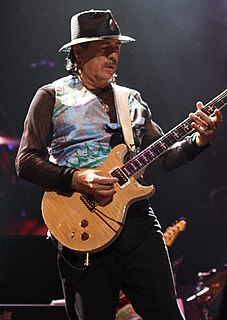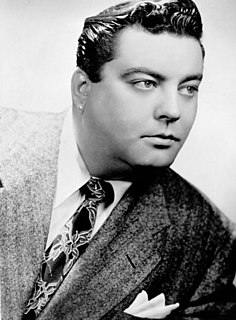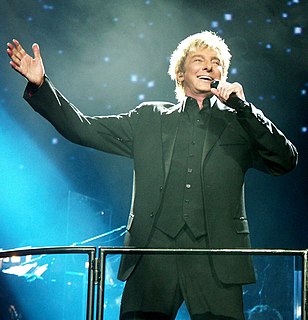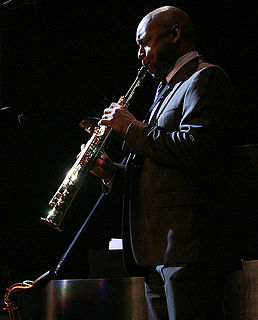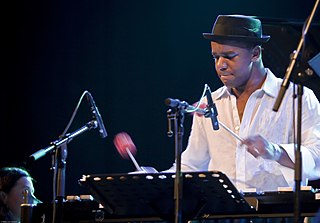A Quote by Stan Getz
The saxophone is actually a translation of the human voice, in my conception. All you can do is play melody. No matter how complicated it gets, it's still a melody.
Quote Topics
Related Quotes
Melodies can be good depending on the context. You can have a simple melody, and if the harmony behind it is interesting, it can make a very simple melody really different. You can also have a complex melody. The more complex it is, the harder it is to sing, and then sometimes it can sound contrived. You could write a melody that would be fine on a saxophone but if you give it to a singer, it can sound raunchy.

